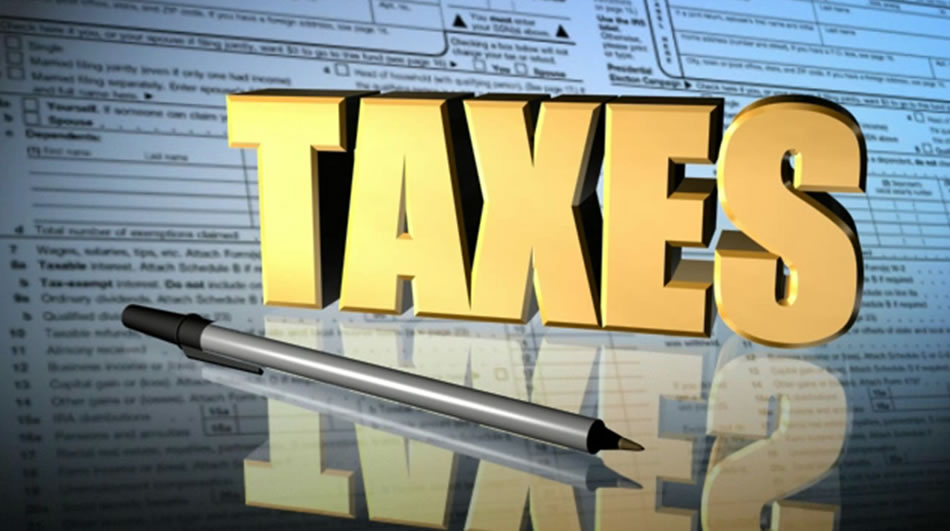Income Tax
2015 Will Be Worst Income Tax Filing Season in Years, Says National Taxpayer Advocate
What $350 million in IRS budget cuts may mean for taxpayers in 2015. First, the odds of getting through to the IRS Help Line in a reasonable time will be less, now that IRS funding has been reduced to three percent less than last year.
Jan. 12, 2015

In late December of 2014, Congress passed a spending bill that will fund the government through September of 2015. That’s good, right? No government shut-down.
However, this spending bill “includes yet another funding haircut for the IRS, which is probably going to make your life a little worse this tax season,” according to the National Association of Enrolled Agents. “By ‘haircut’ we mean roughly $350 million in spending cuts – which even in DC is real money.”
So, how might that affect ordinary taxpayers this tax season? First, the odds of getting through to the IRS Help Line in a reasonable time will be less, now that IRS funding has been reduced to three percent less than last year.
National Taxpayer Advocate Nina Olson was predicting before the cuts that 2015 would bring us the “worst filing season” in years. No crystal ball is needed to see that administering more than 40 new provisions under the Affordable Care Act, including new tax forms for taxpayers and employers, might require more IRS staff standing by to answer questions, not fewer.
In December, IRS Commissioner John Koskinen told reporters that in the last four years the IRS budget has been cut by approximately $1.2 billion and its staff reduced by about 13,000. The IRS’s $11.3 billion budget for 2014 was seven percent below the level appropriated in 2010.
On top of frustrating taxpayers in need of answers, Koskinen predicts that the reductions in staff will result in nearly $2 billion in uncollected revenue this year.
On a final note, taxpayers who get confused and make errors on tax forms, even if they weren’t able to get through on the IRS help line, will still face the same fines and penalties. For those who don’t find that appealing, more than 60 percent of U.S. taxpayers hire a paid income tax preparer. How do you choose one? There are only three types of professionals who are legally allowed to represent taxpayers before the IRS: Enrolled Agents, CPAs and tax attorneys. Look for one off these professionals.
